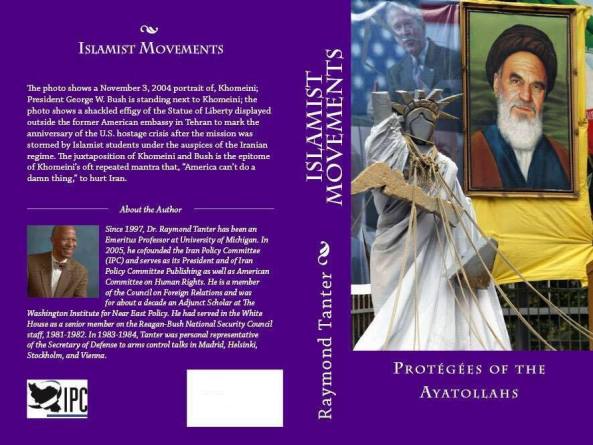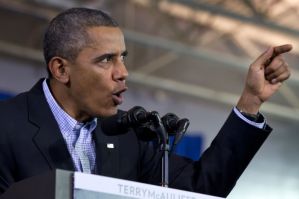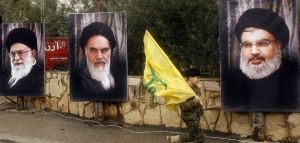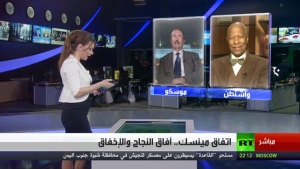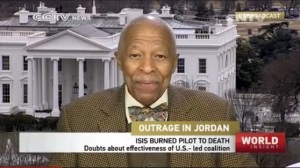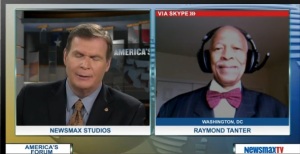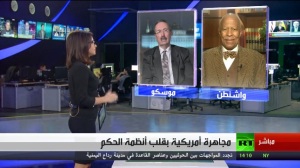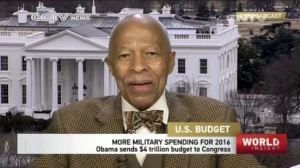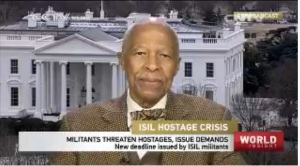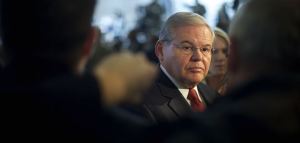 “Laws are like sausages, it is better not to see them being made.”
“Laws are like sausages, it is better not to see them being made.”
-Otto von Bismarck
Bismarck’s statement is eerily familiar with the legislative process described below. Stay with me while I dive deeply into the process as a first step in making the case why this moment is such a big deal.
The draft Kirk-Menendez bill was published Friday, Jan. 23, and introduced in the Senate on Jan. 27. Officially it is the Nuclear Weapon Free Iran Act of 2015 but dubbed for names of its main sponsors — Sen. Mark Kirk (R-Ill.) and Sen. Bob Menendez (D-NJ). It is a diplomatic insurance policy imposing conditional sanctions against the risk that Tehran fails to negotiate in good faith by June 30, 2015.
A strong supporter of Kirk-Menendez is Sen. Bob Corker (R-Tenn.). During Q&A at a Senate Banking Committee hearing on Iran on Jan. 27, 2015, he said, “We don’t just sit around shooting the breeze [on Capitol Hill]: We vote.” At issue is when such a vote might occur. Corker was ready to move the bill to a series of procedures and vote as soon as possible but realized he needs to hold the Democrats in the coalition; so there is a short delay.
Still, there is little consensus on a timetable between the Congress and the Executive branch. Senators like Corker consider March 24 as the date there should be a deal, to be worked on by technical experts until the official signing by June 30. But consider the words of Deputy Secretary of StateTony Blinken on Jan. 27 and State Department Spokesperson Jen Psaki at a briefing on the same day; both stated by “end of March” for the political agreement (and then June 30 to complete technical details).
Politico‘s Burgess Everett has looked into legislative mechanics. On Thursday, Jan. 29, the bill is to proceed for “markup,” (congressional committees debate, amend, and rewrite proposed legislation) in the Banking Committee. Everett considered a letter Democrats in the Senate sent to the president as vindication against an immediate vote sought by Republicans; but my take is that it is also a statement of the bipartisan consensus in support of Kirk-Menendez. The bill was officially introduced with 16 original cosponsors — nine Republicans and seven Democrats. Now add three more Democrats who are not signatories but cosponsored the bill in the preceding congress. According to Kristina Wong in The Hill, there would be somewhere between 62 and 65 Senators in support, close to 67 needed for an override of a presidential veto — 52 Republicans, 13 Democrats.
Now to the big deal: An 18 to 4 vote in the Senate Banking Committee reflected bipartisanship for a tougher diplomacy toward Iran. Despite a two-week full court press by the administration to peel away Democrats, a bipartisan consensus held and is even stronger on Capitol Hill. It may portend a bullet-proof margin for the Kirk-Menendez conditional sanctions on Iran.
So, the president may not have enough votes in the Senate to sustain a threatened veto contained in his State of the Union address: “New sanctions passed by this Congress, at this moment in time, will all but guarantee that diplomacy fails — alienating America from its allies; making it harder to maintain sanctions; and ensuring that Iran starts up its nuclear program again. It doesn’t make sense. And that’s why I will veto any new sanctions bill that threatens to undo this progress.”
To continue reading please go to:
